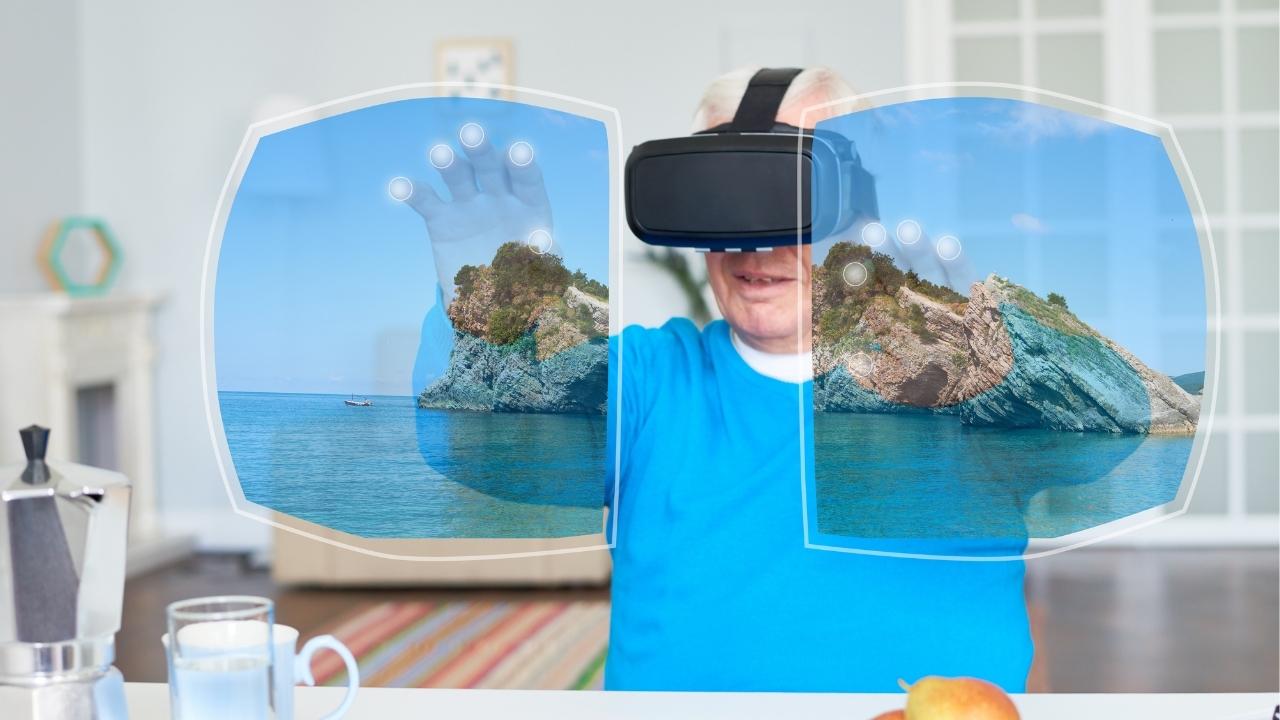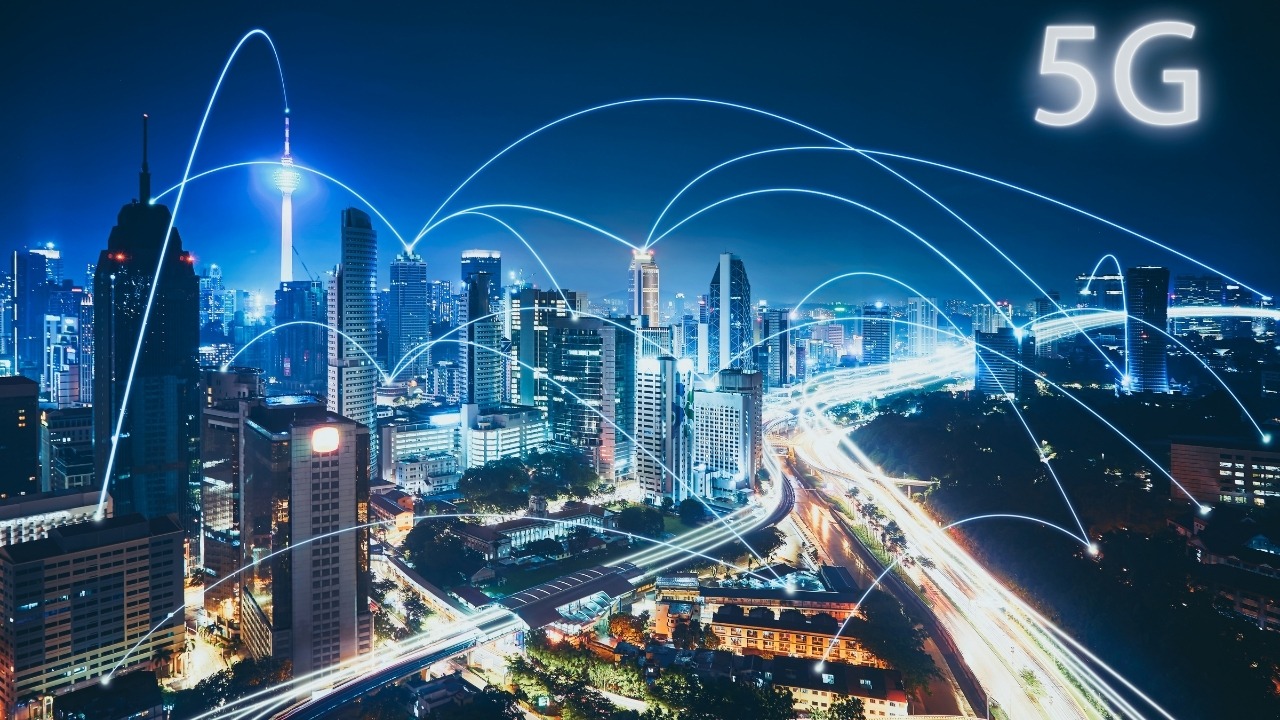Travel tech and new business opportunities in the industry

Travel tech, travel technology or tourism technology consists of applying the latest technological advances to the tourism sector. In this industry, technologies such as the internet of things (IoT), artificial intelligence (AI), big data, blockchain, augmented reality, cloud computing, cryptocurrencies, among others, coexist.

Travel technology, a sector with a lot of potential
Technological advances have made it possible to find cheaper airline tickets automatically, or to visit any place in the world without having to travel.
One of the greatest benefits of this type of tourism is the generation of new business models, as well as the search for opportunities that did not exist until now. Augmented reality; for example, would help to generate a new type of completely virtual experience, so that people travel only through the senses, without moving from their place of residence.
Virtual economy: the future now
The virtual economy or synthetic economy is an emerging model of exchanging goods and services over the Internet that are purely virtual. At present, many people practice this type of economy for entertainment purposes, but it is gradually gaining relevance in real life.
In operations carried out through the virtual economy, cryptocurrencies are generally used as an alternative to conventional currency and use cryptography to secure transactions. Some companies are already accepting them as a method of payment, since they allow secure and instantaneous transactions, and Bitcoin is currently one of the most widely accepted cryptocurrencies.
Undoubtedly, the virtual economy represents the economy of the future, even more so with the advent of the metaverse, a network of virtual environments in which many people can interact with each other at the same time and acquire digital objects, which represents an immersive and multisensory experience perfectly applicable to the travel industry.
Sustainable travel
One characteristic of travel tech is its concern for the sustainability of the travel industry; in this sense, the technologies we have already mentioned make more environmentally friendly travel possible.
Until recently, sustainable travel was associated with low purchasing power tourism; however, the task has been to reinvent this type of travel and make it attractive to an audience that wants to live another type of experience without sacrificing comfort.
An example of this is the startup Mint57, which has revolutionized with its digitalization process, allowing the user to benefit from new technologies without compromising the environment. Its latest and most disruptive step has been the incorporation of cryptocurrencies as a means of payment.
Related news
-

Smart Tourism: the bet of Smart Cities
A smart tourism destination is one whose main feature is innovation, based on a robust technological infrastructure, which allows improving the traveler's experience by adapting to their needs.
-

5G technology, an industry called to change the world
The 5G generation is expected to generate a worldwide economic value of 12.3 billion dollars by 2035, which represents an important field of action for investors.

















